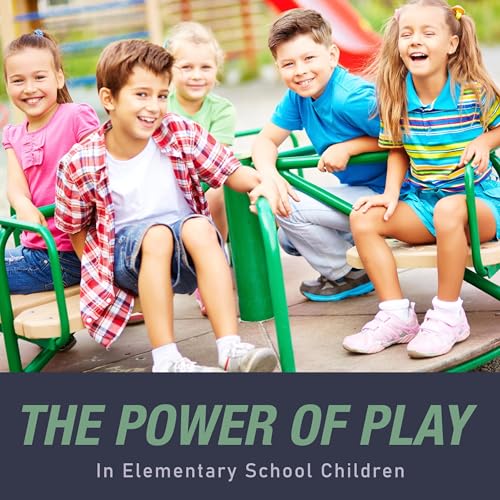
The Power of Play
In Elementary School Children
Failed to add items
Add to basket failed.
Add to wishlist failed.
Remove from wishlist failed.
Adding to library failed
Follow podcast failed
Unfollow podcast failed
3 months free
Buy Now for £3.99
No valid payment method on file.
We are sorry. We are not allowed to sell this product with the selected payment method
-
Narrated by:
-
Laura Chaneski
-
By:
-
Daniel K. Osei
About this listen
As we look towards the future of play-based learning in elementary schools, it is important to consider the impact that structured playtime can have on academic performance in children. Research has shown that incorporating play into the learning environment can significantly boost cognitive development, social skills, and overall academic success.
Parents, counselors, principals, teachers, therapists, and psychologists all play a crucial role in advocating for and implementing play-based learning strategies in schools. By recognizing the importance of play in a child's education, we can create a more engaging and effective learning environment that fosters creativity, critical thinking, and problem-solving skills.
One way to promote play-based learning in schools is to provide teachers with training and resources on how to incorporate play into their lesson plans. By encouraging teachers to use games, puzzles, and hands-on activities, students can develop a deeper understanding of complex concepts and retain information more effectively.
Additionally, parents can support play-based learning at home by encouraging their children to engage in imaginative play, outdoor activities, and games that promote teamwork and cooperation. By creating a balance between structured playtime and academic work, parents can help their children develop a love for learning and a lifelong passion for education.
In conclusion, the future of play-based learning in elementary schools is bright and full of potential. By working together to prioritize play in the classroom and at home, we can empower children to reach their full academic potential and become lifelong learners. Let's embrace the power of play and watch our children soar to new heights of success.
©2024 Daniel K. Osei (P)2024 Daniel K. Osei


